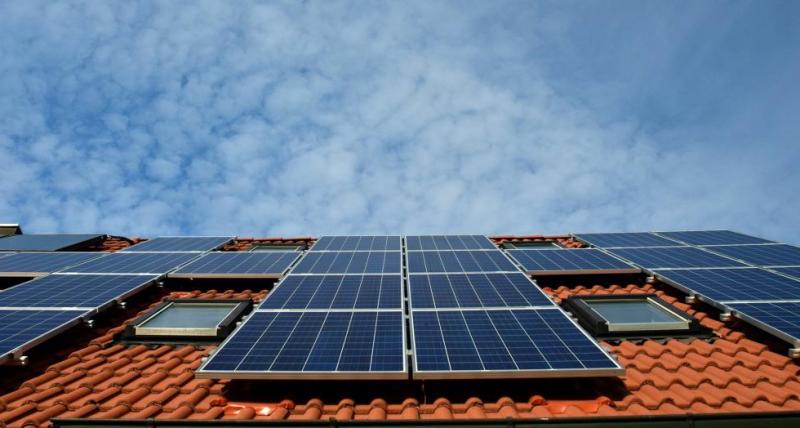
As part of the commitment to preserve the environment, the decision has been taken to declare a climate emergency in North Tyneside.
At a meeting of Cabinet on Monday night (June 24), members were presented with an update on the council’s Low Carbon Plan 2016-2027, which set out the ambitious target of reducing the council’s carbon footprint by 50% by 2027.
Thanks to efforts from the council and the local community, the borough’s carbon footprint has seen a reduction of 37% since 2011.
However, with taking care of the environment one of the top priorities detailed in the Our North Tyneside Plan, the Deputy Mayor Cllr Bruce Pickard reiterated Elected Mayor Norma Redfearn’s call for a report to be brought before council next month to declare a climate emergency.
Cllr Pickard said: “I am immensely proud of the work that we have done to reduce our carbon footprint here in North Tyneside.
“Providing a clean, green, healthy, attractive, safe and sustainable environment is a key priority for the Cabinet. I also know just how important the environment is to our residents, Young Cabinet and young people across the world and I thank them for their passion and leadership on this issue.
“We are ahead of our targets to half carbon emissions by 2027 and although this is a great achievement, it is important that we do more.
“With this in mind I am asking that the cabinet member for Environment & Transport bring a report to July’s Full Council meeting to declare a climate emergency, setting out the actions we will take as a local authority to further reduce the carbon footprint of our operations and also plans to encourage and enable everyone in North Tyneside to contribute to an overall reduction in the borough’s carbon footprint.”
In 2018, Elected Mayor Norma Redfearn announced that North Tyneside Council would work towards eliminating its use of single-use plastics – a move that was widely-supported by businesses and residents across the borough.
The council’s Low Carbon Plan incorporates the development of a range of energy generation options as the third stage in working towards the energy hierarchy.
And as a result of this, CO2 emissions within the local authority have fallen by over 11,000 tonnes; from 29,785 tonnes in 2010/11, down to 18,166 tonnes in 2017/18.
The 2018/19 report will be available in July 2019 and is anticipated to show a 47% reduction of the council’s carbon footprint.
Recently completed was a £1.95m upgrade where over 7,000 sodium lamps across the borough were replaced with more modern, energy-efficient LED street lights.
It is estimated that the scheme will generate savings of £7.9 million over the next 17 years and will slash carbon emissions by 1,500 tonnes a year.
The Lakeside Centre in Killingworth was fitted with a state-of-the-art Combined Heat and Power (CHP) unit. Much more efficient than using standard boilers, the equipment generates electricity and heat for use within the centres rather than drawing electricity from the national grid.
The CHP unit will save around 400 tonnes of carbon emissions every year for its 20 year lifespan - as well as paying for itself within four years.
The report detailing plans for North Tyneside to declare a climate emergency will go before councillors at the meeting of Full Council on July 25.
ENDS
